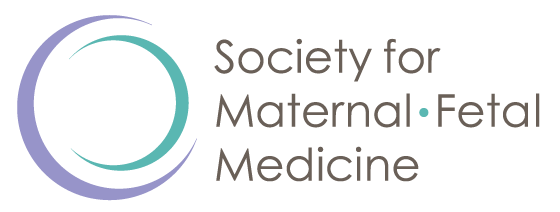
Updated COVID-19 Vaccine
As the COVID-19 virus continues to change, the protection offered by the original COVID-19 vaccines has decreased. Two updated COVID-19 vaccines –one by Pfizer and one by Moderna--are now available to protect against both older and newer COVID-19 strains. Health experts recommend that everyone 6 months and older get an updated COVID-19 vaccine to protect themselves this fall and winter. This is especially important if you are pregnant, thinking about pregnancy, or breastfeeding.
-
Everyone 6 months and older should get 1 dose of the updated Pfizer or Moderna vaccine, including pregnant, recently pregnant, or lactating people.
-
Vaccination is the best way to protect against COVID-19-related hospitalization and death. Pregnant people are at higher risk of getting very sick from COVID-19 than those who aren’t pregnant. They’re more likely to need ICU care, advanced life support, and a breathing tube.
Vaccination is also the best way to protect against COVID-19-related pregnancy complications such as prematurity and stillbirth. Getting COVID-19 during pregnancy increases the risk of stillbirth and preterm birth.
Finally, vaccination is the best way to protect your baby after it is born. There are no vaccines approved for infants less than 6 months of age. However, infants born to moms who were vaccinated have a lower risk of getting COVID-19 and needing hospitalization.
Getting the COVID-19 vaccine during pregnancy offers 3 types of protection:
1. It protects you from serious illness during pregnancy
2. It reduces the risk of stillbirth and preterm birth
3. It protects your baby against COVID-19 infection after birth
-
Vaccination creates antibodies in the body. Antibodies are key players in the immune response against COVID-19. They attach to cells infected with the COVID-19 virus and tag them for other immune cells to destroy.
When you are vaccinated during pregnancy, antibodies are transferred to your baby in two ways:
• The antibodies in the vaccine cross the placenta, enter the fetal bloodstream, and stay there after birth. The antibodies protect the baby until they can get vaccinated at age 6 months.
• Anti-COVID antibodies are released into your breast milk, which you pass to your baby during breastfeeding.
-
Here are the facts:
• In a study of over 300,000 pregnancy people who had the mRNA COVID-19 vaccine, no safety concerns were found.
• A review of 20 studies found no scientific proof that COVID-19 vaccines impair fertility in men or women.
• Safety data collected since 2021 show no increase in pregnancy or newborn complications in people vaccinated against COVID-19 during pregnancy.
-
Side effects may occur in the first 3 days after getting vaccinated. These include pain, swelling, and redness where you were vaccinated and mild to moderate fever, headache, tiredness, and muscle aches. Fever should be avoided during pregnancy, especially in the first trimester. If you get a fever after vaccination, you can take acetaminophen (Tylenol). It’s safe to use during pregnancy and does not affect how the vaccine works.
The CDC runs the Vaccine Adverse Events Reporting System(VAERS) that collects feedback about side effects and reactions from vaccines. You should report any side effect or health problem after vaccination that concerns you, even if you’re unsure whether the vaccine caused the problem. To report an event to VAERS, click here.
Last updated: 9/26/2023

